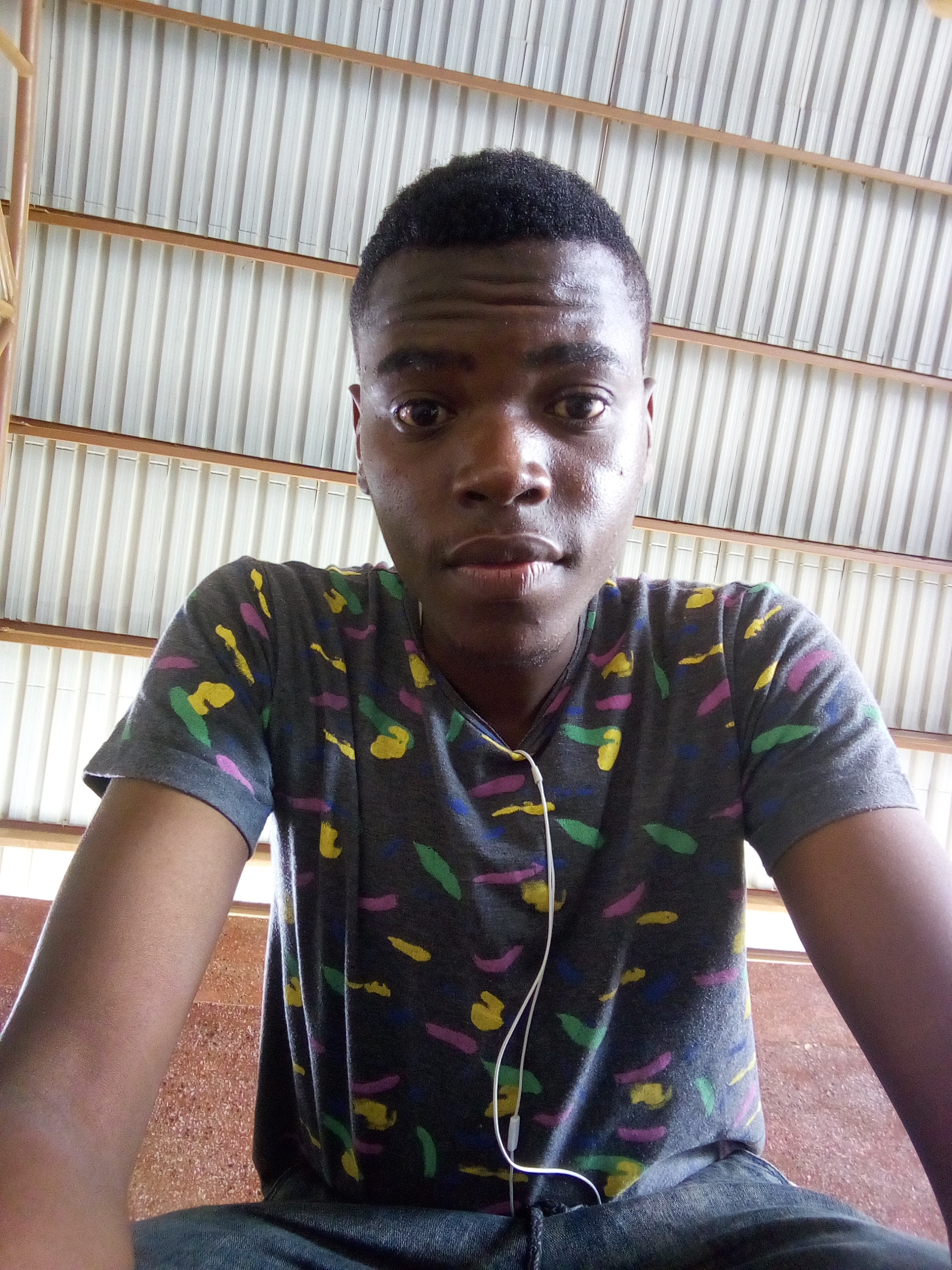SUSTAINABLE DEVELOPMENT / MAENDELEO ENDELEVU NI NINI?
- Steve Maganga

- Sep 11, 2017
- 2 min read
Maendeleo endelevu ni kanuni ya kuandaa malengo ya maendeleo ya binadamu wakati huo huo kuendeleza uwezo wa mifumo ya asili kutoa huduma za asili na huduma za mazingira ambayo uchumi na jamii hutegemea. Matokeo ya mwisho ya kustahili ni hali ya jamii ambapo matumizi ya rasilimali na matumizi ya rasilimali yanaendelea kukidhi mahitaji ya mwanadamu bila kudhoofisha uadilifu na utulivu wa mifumo ya asili. Wakati dhana ya kisasa ya maendeleo endelevu inayotokana na Ripoti ya Brundtland ya 1987, pia imetokana na mawazo mapema kuhusu usimamizi endelevu wa misitu na wasiwasi wa mazingira ya karne ya ishirini. Kama dhana ya maendeleo, imebadilika kuzingatia zaidi maendeleo ya kiuchumi, maendeleo ya kijamii na ulinzi wa mazingira kwa vizazi vijavyo. Imependekezwa kuwa "neno" endelevu "linapaswa kutazamwa kama lengo la kibinadamu la lengo la usawa wa mazingira ya kibinadamu (homeostasis), wakati 'maendeleo endelevu' inahusu mbinu kamili na michakato ya muda ambayo inatuongoza hadi mwisho wa uendelevu" . [1] Dhana ya maendeleo endelevu imekuwa-na bado inakabiliwa na upinzani. Nini, hasa, inastahili katika maendeleo endelevu? Imekuwa imesema kuwa hakuna kitu kama matumizi endelevu ya rasilimali isiyobadilika, kwa kuwa kiwango chochote cha unyonyaji hatimaye kinaweza kusababisha uchovu wa hisa za mwisho za Dunia; mtazamo huu hutafsiri Mapinduzi ya Viwanda kwa ujumla yasiyo endelevu. Pia imekuwa imesema kuwa maana ya dhana imetolewa kwa uangalifu kutoka 'uhifadhi wa uhifadhi' hadi 'maendeleo ya kiuchumi', na Ripoti ya Brundtland haikutaza chochote bali biashara kama mkakati wa kawaida wa maendeleo ya dunia, na dhana isiyoeleweka na isiyo na maana iliyoambatana kama kauli mbiu ya mahusiano ya umma.

English
Sustainable development is the organizing principle for meeting human development goals while at the same time sustaining the ability of natural systems to provide the natural resources and ecosystem services upon which the economy and society depend. The desirable end result is a state of society where living conditions and resource use continue to meet human needs without undermining the integrity and stability of the natural systems. While the modern concept of sustainable development is derived mostly from the 1987 Brundtland Report, it is also rooted in earlier ideas about sustainable forest management and twentieth century environmental concerns. As the concept developed, it has shifted to focus more on economic development, social development and environmental protection for future generations. It has been suggested that "the term 'sustainability' should be viewed as humanity's target goal of human-ecosystem equilibrium (homeostasis), while 'sustainable development' refers to the holistic approach and temporal processes that lead us to the end point of sustainability".[1] The concept of sustainable development has been—and still is—subject to criticism. What, exactly, is to be sustained in sustainable development? It has been argued that there is no such thing as a sustainable use of a non-renewable resource, since any positive rate of exploitation will eventually lead to the exhaustion of Earth's finite stock; this perspective renders the Industrial Revolution as a whole unsustainable. It has also been argued that the meaning of the concept has opportunistically been stretched from 'conservation management' to 'economic development', and that the Brundtland Report promoted nothing but a business as usual strategy for world development, with an ambiguous and insubstantial concept attached as a public relations slogan.












Comments